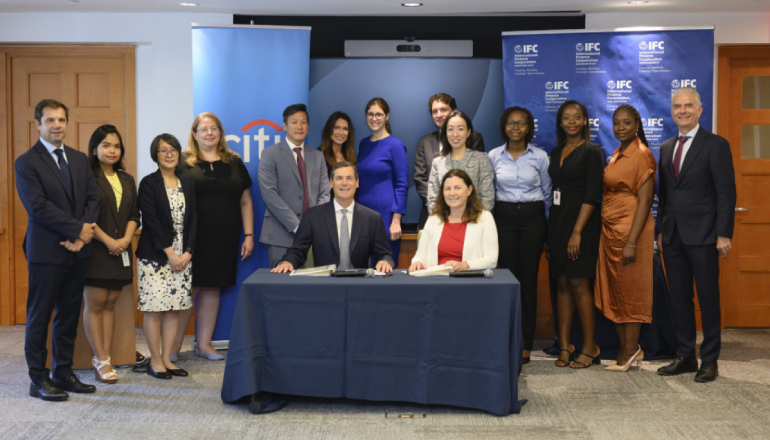IFC and Citi have signed a $2 billion global sustainable supply chain finance program (GSSCFP).
The partnership is the first GSSCFP project focused on emerging markets.
The global program is designed to address the finance gaps for SMEs and to expand access to sustainable finance.
For a start, the partners have agreed to implement a $500 million facility in Mexico.
Nathalie Louat, Global Director, Trade and Supply Chain Finance, IFC, said, “The role of trade and supply chain finance in facilitating the goods and services essential for sustainability is paramount, and this program will enable suppliers in Mexico, some of whom may not traditionally be considered bankable, to receive such financing.”
Murat Demirel, Head, Financial Resources and Risk Management, Trade and Working Capital Solutions, Citi, said, “Mexico is a great start to launch this joint initiative and Citi is looking forward to expanding this initiative into other emerging and frontier markets.”

